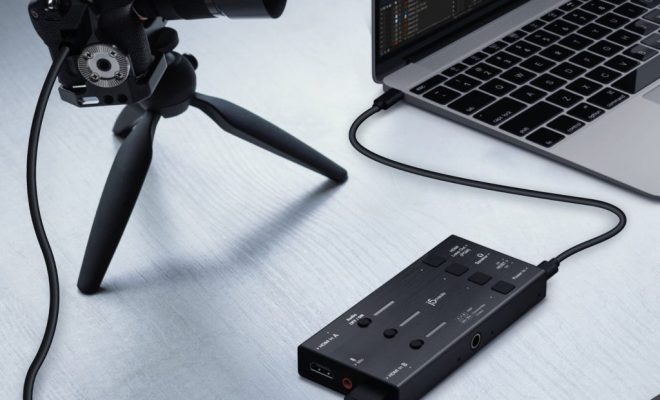Should You Upgrade or Replace Your Laptop?

As technology continues to rapidly advance, it can be difficult to decide whether to replace or upgrade your laptop. With the possibility of increased performance and new features, upgrading may seem like the logical choice. However, replacing may also offer benefits such as better hardware and longer lifespan. This article will explore these options in more detail to help you determine the best course of action for your needs.
Upgrading Your Laptop
Upgrading your laptop can be a cost-effective way to extend its lifespan and performance. Some commonly upgraded components include storage, memory, and the operating system.
Upgrading your storage can help increase the amount of data you can store on your laptop, which can be crucial if you work with large files such as videos or photos. Upgrading RAM (random-access memory) can improve the speed and overall performance of your laptop, allowing you to run more programs and applications simultaneously.
A newer operating system can also provide your laptop with new features, improved stability, and better security. However, it’s important to make sure your laptop is compatible with the newer system, as older hardware may not be able to run the updated software smoothly.
While upgrading can be useful, it is important to note that not all laptops are upgradeable. In some cases, laptops may come with soldered components or proprietary hardware that can’t be replaced easily. In those cases, it may be better to consider a replacement instead.
Replacing Your Laptop
Replacing your laptop can be a more expensive option but can provide a boost in performance and features. If your current laptop is outdated or damaged, replacing it can provide improved hardware and a longer lifespan.
Newer laptops generally have better processors, graphics cards, and displays, which can be useful for tasks such as gaming or video editing. They also often have more ports and connectors for peripherals such as external hard drives or monitors.
In addition, newer laptops have longer battery life and may be lighter and more portable, making them easier to carry around.
However, replacing your laptop may not always be necessary if your needs are basic. If all you use your laptop for are web browsing and word processing, a newer laptop may not offer significant advantages over your current model.
Conclusion
Whether to upgrade or replace your laptop is a decision that ultimately depends on your needs and budget. Consider your usage and your budget to determine if an upgrade or a replacement is the best option for you.
If you need to improve the performance or lifespan of your laptop, upgrading may be the best option. However, if your laptop is outdated or damaged and you need better hardware or more features, replacing may be the better option. Ultimately, the decision between upgrading or replacing your laptop boils down to your unique circumstances, your budget, and your willingness to invest in new technology.






